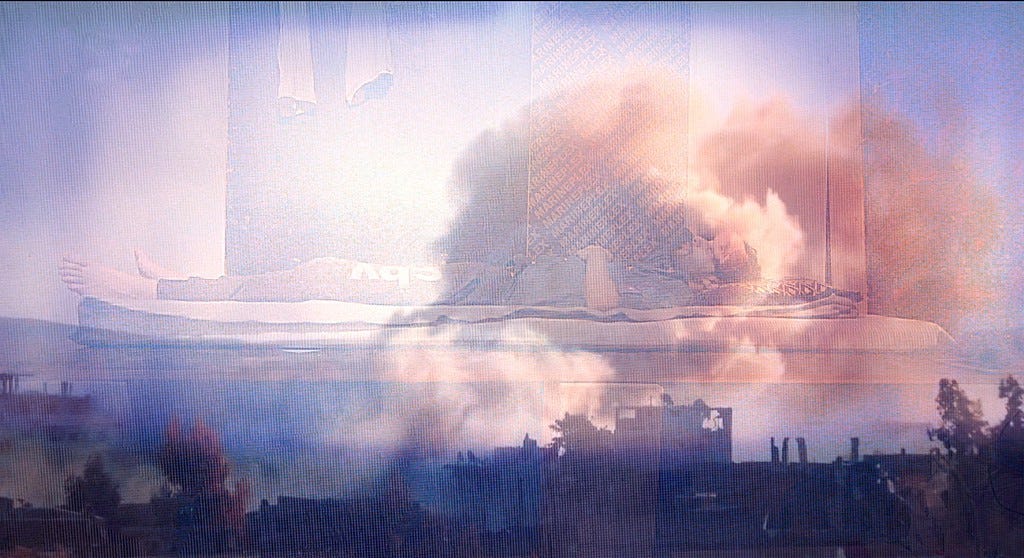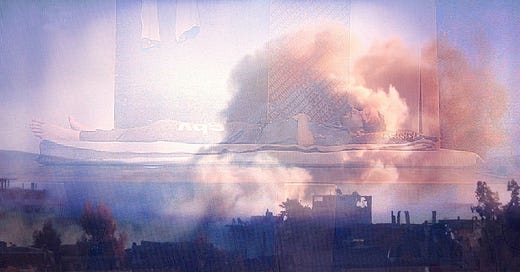‘Taste of Cement’ Is an Impressionistic Portrait of Syrian Workers in Exile
Camden International Film Festival
Ziad Kalthoum’s cinema soars above Beirut to capture the uncanny experience of absence.

Many documentary filmmakers find their most compelling artistic truth in the “sense of place.” Richard Leacock talked about the “feeling of being there” as a governing principle of documentary, part of a tradition linking Robert Flahe…
Keep reading with a 7-day free trial
Subscribe to Nonfics to keep reading this post and get 7 days of free access to the full post archives.



